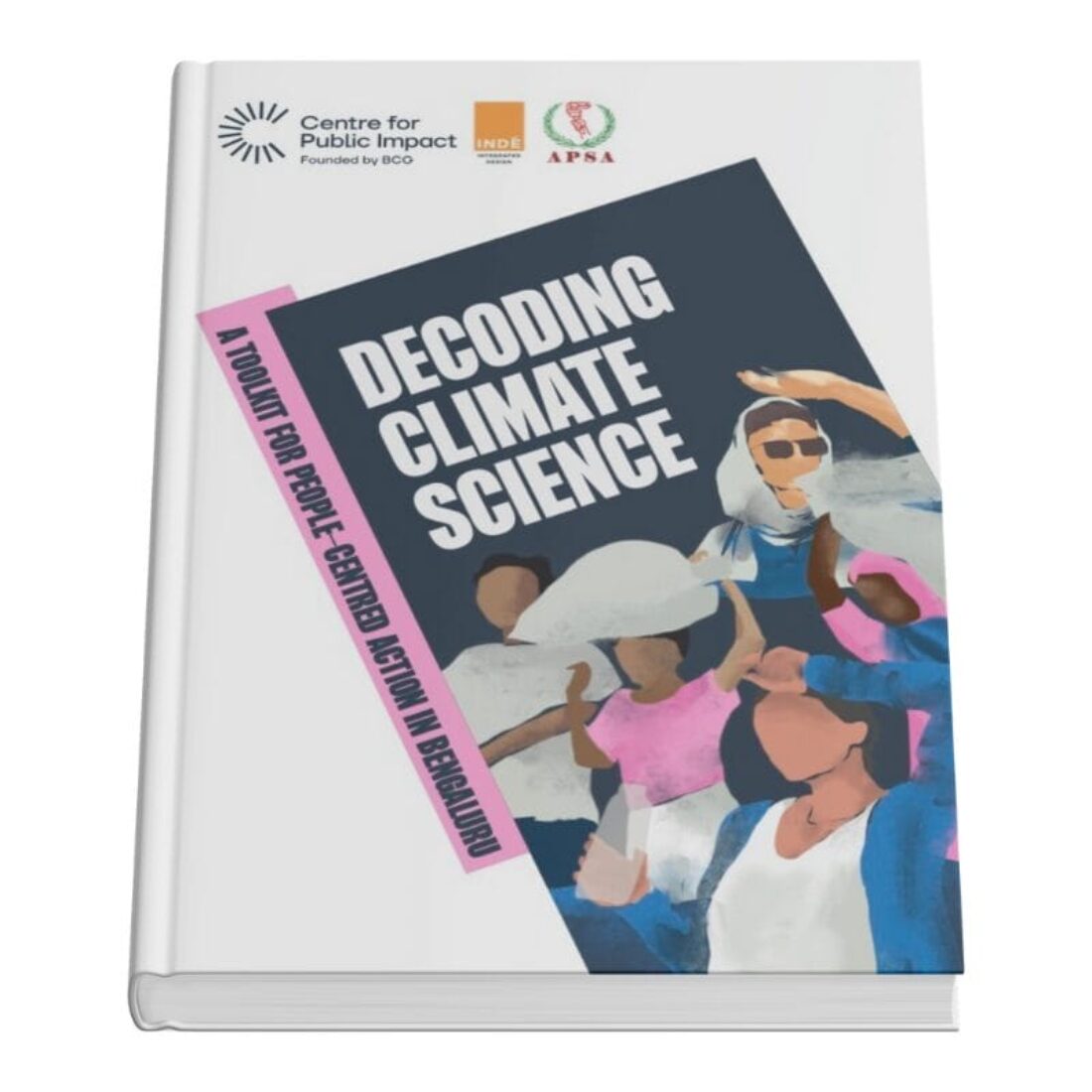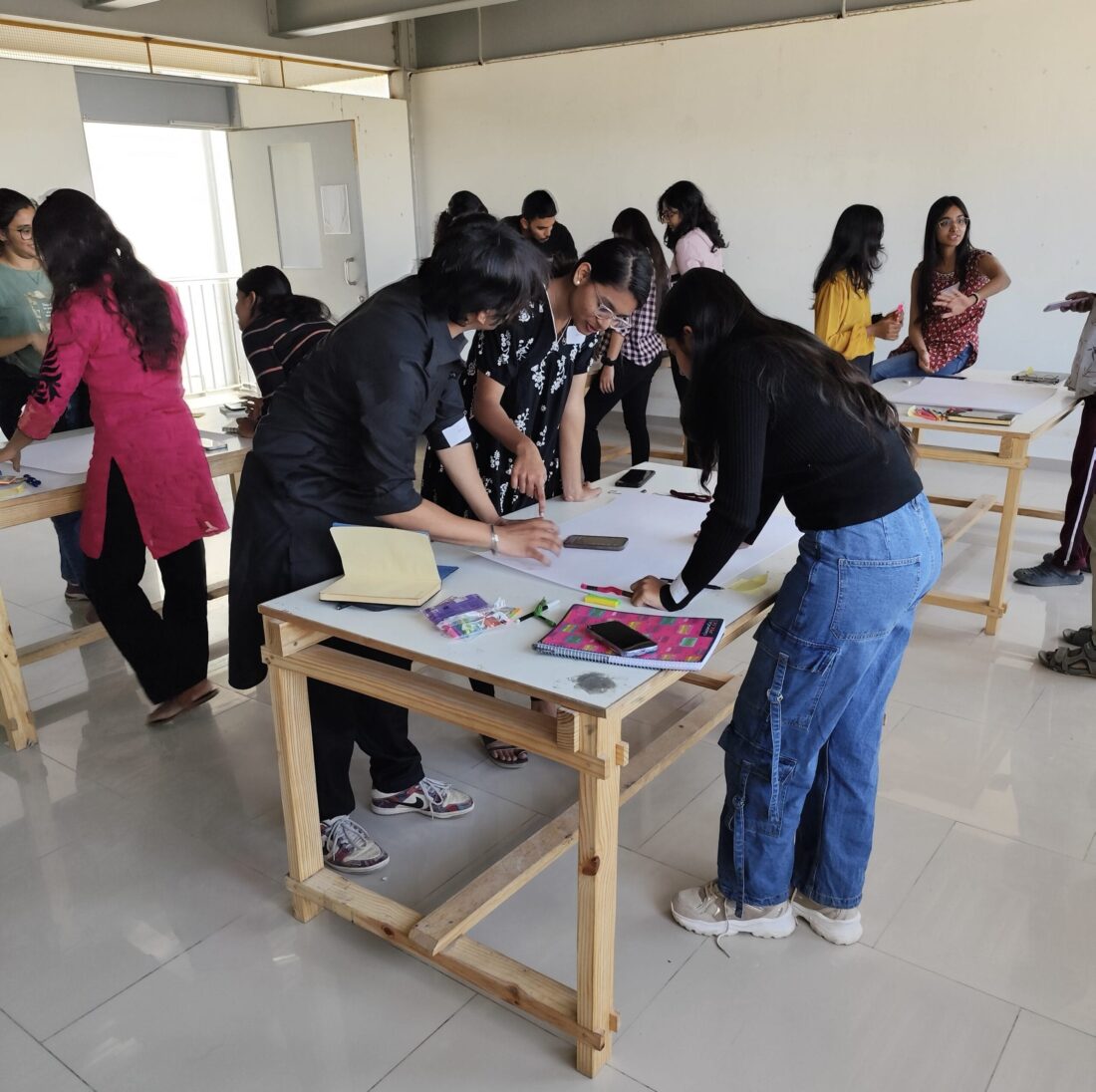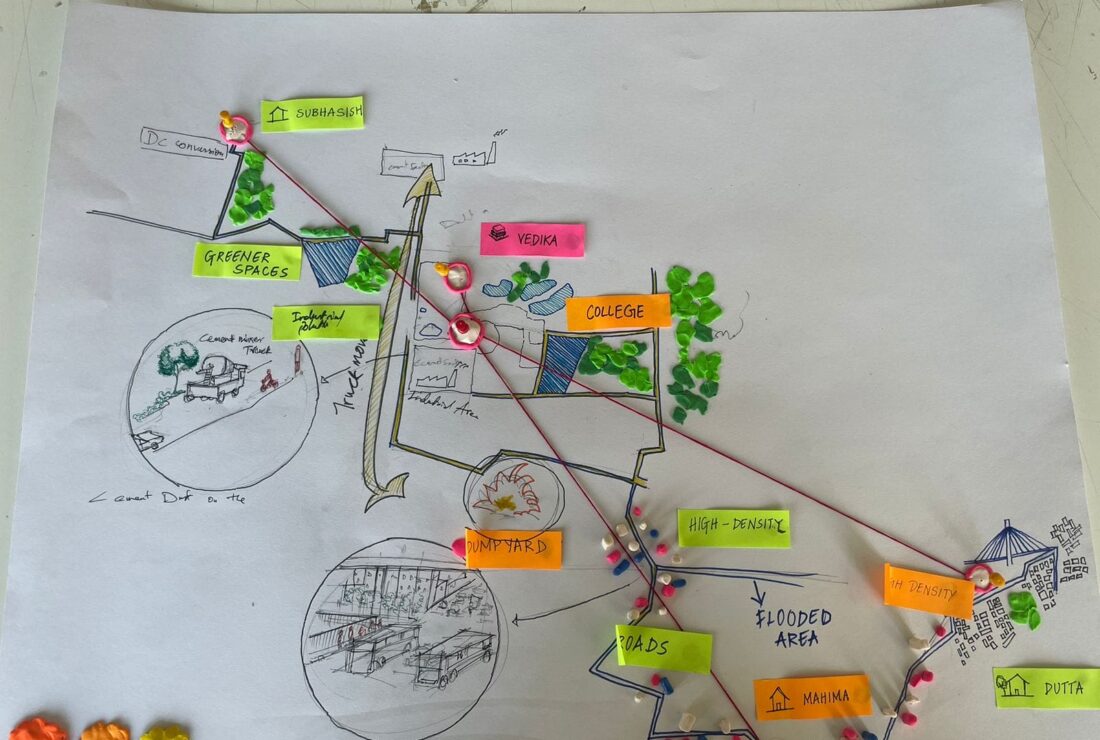“During heavy rains, water enters our houses. We have to remove the water and sleep on cardboard sheets because the floor stays wet.” – Resident, Bengaluru

Climate change is here, and it’s personal. From scorching urban streets to flooded homes and dusty daily commutes, people’s experiences reveal an urgent story that the language of science often overlooks.
The Decoding Climate Science (DCS) toolkit bridges that gap.
Piloted in Bengaluru, it turns climate terminology into meaningful language, with phrases like “oven roads” for trapped heat and “first-rain floods” for sudden inundation. It weaves together lived experience and scientific insight to make climate understood and actionable.
Why this toolkit matters now
Climate change doesn’t just disrupt systems, it deepens inequality. It hits individuals with the least resources the hardest. From students battling polluted air, to families in informal settlements dealing with flood and heat, these realities are mirrored in cities worldwide.
By weaving together lived stories and climate science, this toolkit equips governments, educators, communities, and civil society organisations to design responses that are empowering, equitable, and effective.

What’s inside (in just five stages)
- Prepare & plan: reframe scientific terms using local, everyday language
- Design & engage: use inclusive methods like mapping and story circles
- Share & reflect: co-create insights by returning and dialoguing with communities
- Track change: monitor shifts in understanding and action
- Evaluate impact: ensure lived realities shape planning and policy
This step-by-step process is practical and adaptable, designed to be used in classrooms, neighbourhoods, and city halls where climate and communities meet.

Locally rooted, globally adaptable
Although grounded in Bengaluru, the toolkit is built for global use. Its flexible methods and accessible design mean that governments, NGOs, educators, and city leaders can adapt the tools to their local context.
CPI is ready to work with global partners, whether governments, NGOs, education groups or city leaders, to tailor and apply this toolkit in your setting.
Shaping climate action together
“Even in summer, we used to feel cold at night. Now, even in winter, we are sweating.” – Resident, Ambedkar Nagar
Climate literacy is not optional. It’s the backbone of fair, inclusive futures. By listening first, starting with people’s words, we can spark action that is urgent, just, and deeply human.


